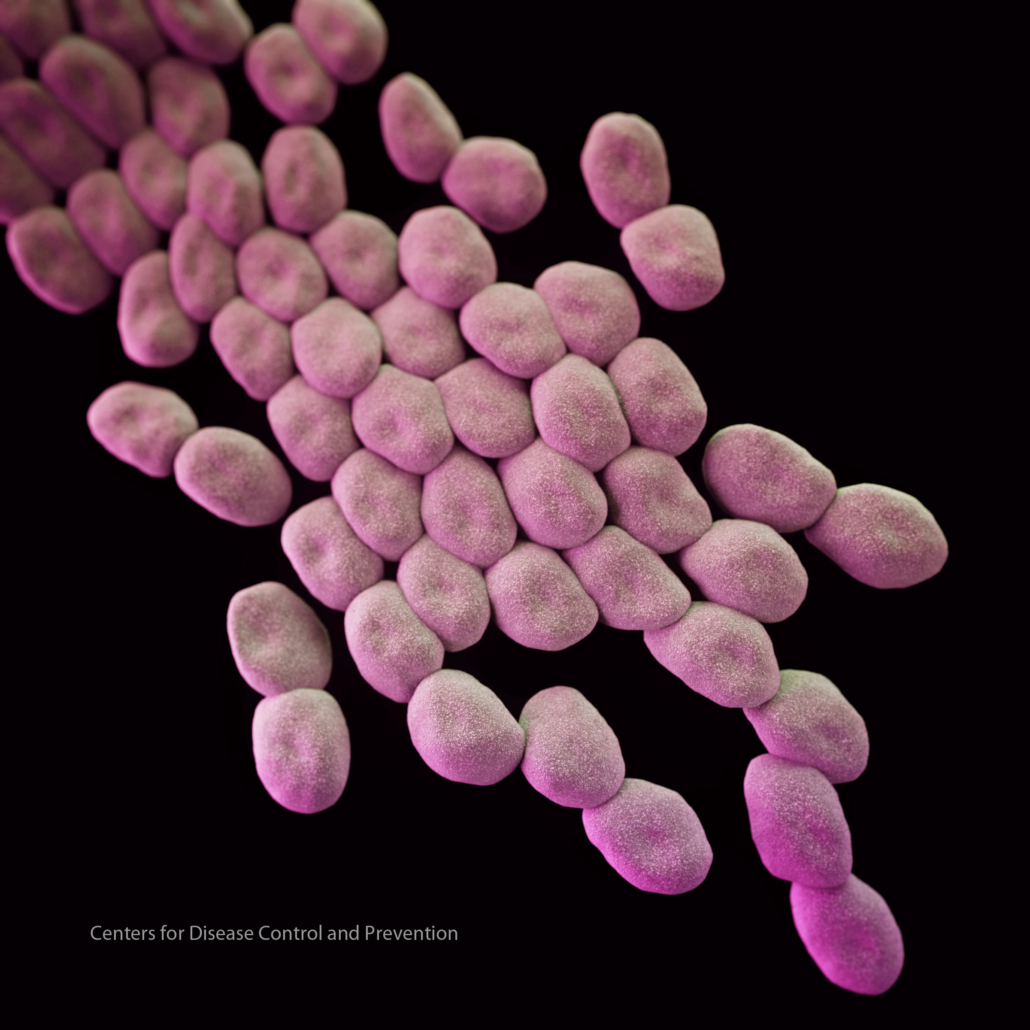
Roche extends antibiotics collaboration
While governments worldwide discuss to pay premiums to pharma companies offering novel antibiotics that fight multiresistant pathogens, Roche has extended its discovery deal with British Discuva Ltd.
Under the terms of agreement, inked in 2014, the pharma major had to pay US$16m upfront and US$175m per lead identified in gram-negative bugs as well as double-digit royalties after market launch. To date, Discuva’s SATIN platform has delivered multiple leads, the deal has been extended by Roche to 2018. SATIN (Selective Antibiotic Target IdentificatioN) is an advanced next-generation sequencing and bioinformatics platform applied to unique bacterial transposon libraries. It is particularly suitable for identifying bacterial targets and selecting promising drug development candidates against multi-drug resistant bacteria.
The candidate antibiotics were identified from a phenotypic screening process and triaged using Discuva’s proprietary SATIN technology to identify compounds with the optimal profile to progress successfully to the next stage of development. The collaboration extension allows the combined Roche/Discuva team to continue exploring these compounds in order to expedite the development of these novel antibiotic chemotypes towards essential medicines.
Financial terms of the extension were not disclosed.
At the end of January, the Cambridge-based company had received a £1.5m public fund from Innovate UK to develop novel antibiotics to exploit transport mechanisms to discover novel Gram-negative antibiotics. Discuva’s screening efforts towards novel bacterocides include multi-resistant Pseudomonas aeruginosa, Acinetobacter baumannii,Klebsiella pneumoniae, Escherichia coli and Neisseria gonorrhoeae bacteria, which can cause hard-to-treat urinary tract and respiratory infections as well as sepsis.




